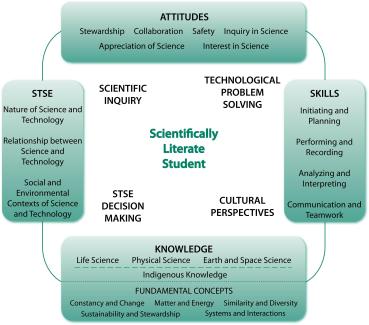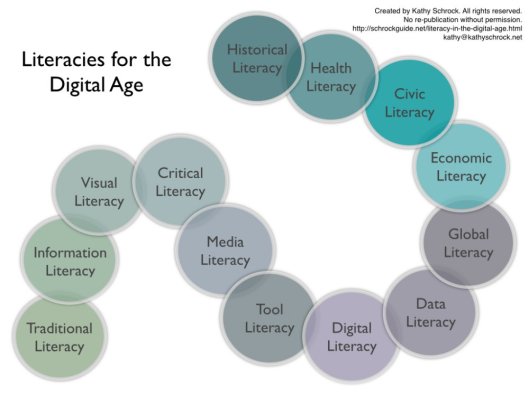My critical, digital life.
I normally wake up and go on some form of social media (either Facebook or Instagram), and probably log a minimum of two hours on it per day. Side note: This, like many other people, is normally how I get my news.
I check sports highlights (Crosby, wow),
friends’ activities and scroll through my feeds with the multitude of posts that people in my social network share parceled with advertisements specifically catered to my search histories and demographics I fill.
As I scroll through each post, I’m analyzing content consciously and unconsciously. Someone shares a politically-charged post about the latest Trump or Trudeau controversy, someone shares a post about the legalization of marijuana, or someone tags me (and it’s usually my fiancé) in a funny cat video or meme.
All the while there I am, looking at my electronically-powered, 5.1-inch screen of my phone, consuming and questioning in some combination, if not all, of the following (reflective of my video on Fake News):
- Is this post valid or accurate? (Is it making claims that just aren’t true or promote opinion as fact?)
- Why did they share that? (Was it funny? Intentionally offensive? For others’ benefit?)
- Would I ever share that? (Yes? No? Did I ever? Why would/wouldn’t I now?)
- What caused them to think that way? (What is causing me to think this way about it?)
- Do they see how biased the source and article is? (Do they even care about that?)
- Did they look into that claim before sharing? (Will I bother to look into it?)
- Do they know that has no validity to it? (Do I actually know enough about this topic to provide validity?)
- Why do I think that’s funny? (Is it something I agree with? Am I right in laughing about it?)
- Why do I find that inappropriate? (Am I right in thinking so?)
- Should I say anything about this? (Why should/would I?)
- What do I do about this post?
After some combination of these thoughts and questions go through my head, it becomes a decision based on the final underlined questions. What do I do about this post? Like, share, comment, or ignore? Even more simplified, it’s ultimately one of two thoughts:
1. I’ll just scroll past.
OR
2. I can’t just scroll past this.
In the event I select option 2., a series of follow-up considerations will occur depending on the content of the piece, for the sake of this post – our exemplar content can be any of the following, all legitimate posts from people in my social network, several of which I felt “I can’t just scroll past this… I have to comment”:
Exhibit A and Exhibit B


Exhibit C
Does it convey “fake news”, and what specifically about this post is “fake news”? Does it misinform people and who are the people who can see it? What message does it send? What about it specifically do I feel compelled to discuss?
And the big question, if one of my students shared this, would I address it and how would I address it if this was the case? Address it that way, because we are all learners:
- Respect, be positive towards the individual and have empathy for the individual – treating them as a learner.
- Find common ground on this topic.
- Address the specific issue of the content of the post.
- Avoid getting emotional in your response or in reading theirs.
After making a post/comment, follow-up reflective questions surface:
Do I like what I posted? Could I have done better? Did I word it right? Will they understand what I’m trying to say? Will they listen to me? What if they don’t? Is it pointless to comment, then? What about the people who don’t comment, don’t like, but see it and consume it but leave no visible trace of acknowledgement for me? Am I doing a service to them?
My comments have been met with likes and dislikes.
Sometimes I’ve received insults. Other times the original person who shared the post doesn’t comment or their comment is strictly defensive and not open to what I have to say (maybe the way I wrote it was offensive?).

This is what daily social media consumption looks like for me in the worst-case scenario. Best-case scenario, I see pictures like this (my fiancé and two of our cats).
But best-case or worst-case, all scenarios are part of the deal.
How do you consume online?
Have you found yourself exposed to similar posts on your social media feed? What did or do you do?
Comment and let me know!
– Logan Petlak






